Bulgaria Digital Nomad Visa - 2025 Update

Quick Visa Facts
Visa length 12 months
Possible to extend? Yes, the visa can be renewed once for an additional 12 months.
Who can apply? Non-EU remote workers, freelancers, and digital entrepreneurs who can demonstrate a stable income from foreign sources and have a valid employment contract or proof of freelance work.
Minimum Income Requirements Applicants must show an annual income of at least 50 times the Bulgarian monthly minimum wage, which is approximately €27,550 (~$30,000 USD) per year.
Time for visa applications Processing times typically range from 10 to 60 days, depending on the completeness of the application and individual circumstances.
Want to know if you can apply?
Complete a visa quiz and see if you qualify!
Dreaming of working remotely from a place where stunning mountain ranges meet the Black Sea, where living costs are a fraction of Western Europe, and where you can enjoy fast internet in a historic café or a beach town hub? Bulgaria is stepping onto the global digital nomad stage with its brand-new Digital Nomad Visa, approved in mid-2025.
This visa is designed to make Bulgaria a competitive destination for remote workers, freelancers, and entrepreneurs who want to enjoy long-term stays in the heart of the Balkans, without the visa-run headaches. With its flat 10% income tax rate, affordable lifestyle, and growing nomad communities in cities like Sofia, Plovdiv, and Bansko, Bulgaria is positioning itself as one of Europe’s most attractive bases for location-independent professionals.
Whether you’re seeking a year in a vibrant European capital, planning to settle in a cozy mountain town, or looking for a strategic base within the EU. The Bulgaria Digital Nomad Visa could be your ticket to combining work and travel with ease.
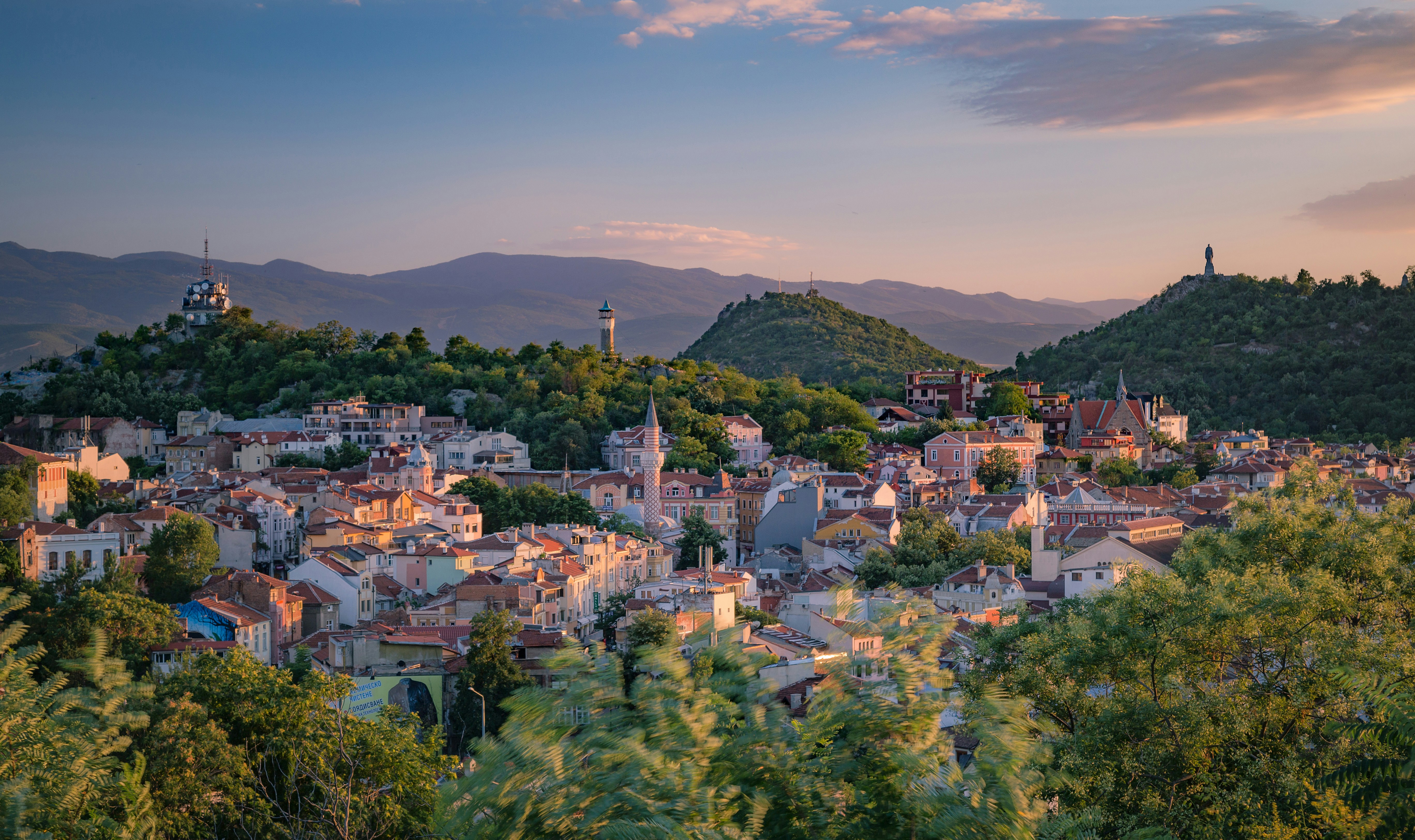
Bulgaria Digital Nomad Visa Overview
Bulgaria officially introduced its Digital Nomad Visa in June 2025, following amendments to the Foreigners in the Republic of Bulgaria Act published in the State Gazette. The program is designed to attract remote workers, freelancers, and entrepreneurs who want to live and work legally in Bulgaria while earning income from abroad.
The process is structured in two stages. First, applicants must apply for a Type D long-stay visa at a Bulgarian embassy or consulate in their home country. This visa allows them to enter Bulgaria to apply for residence. Once in Bulgaria, they can then apply for a residence permit under the Digital Nomad Visa program. The residence permit is initially granted for one year and can be renewed as long as the eligibility conditions are met.
This system ensures that digital nomads can enter Bulgaria legally, transition smoothly into residence status, and enjoy long-term stability while working remotely. It positions Bulgaria as a new hub in Europe for digital nomads, combining legal pathways to stay with favorable taxation, low living costs, and easy access to the rest of the European Union.
Who Is It For?
The Bulgaria Digital Nomad Visa is available to non-EU/EEA citizens who work remotely and earn their income from outside the country. Eligible applicants include:
Remote employees under contract with a foreign employer.
Freelancers or independent professionals providing services to non-Bulgarian clients.
Entrepreneurs or company owners managing businesses registered abroad.
The key requirement is that your income must come from foreign sources, not Bulgarian clients or employers.
What Does It Allow You to Do?
Holders of the Bulgaria Digital Nomad Visa can:
Live legally in Bulgaria for at least one year, with options to extend.
Work remotely for foreign clients or employers.
Benefit from Bulgaria’s flat 10% income tax if they become tax residents.
Access public services such as healthcare and housing (with private health insurance coverage required for the application).
Travel within the Schengen Area once Bulgaria’s planned Schengen accession is fully implemented (expected soon).
This visa does not allow digital nomads to take up employment with Bulgarian companies or provide services directly to local clients.

Bulgaria Digital Nomad Visa Requirements
To apply for the Bulgaria Digital Nomad Visa, you will need to prepare a set of standard documents as well as specific proofs that demonstrate you can support yourself while living in Bulgaria. Below is an overview of the key requirements.
Basic documents required:
Completed visa application form.
A valid passport with at least 6–12 months of remaining validity and blank pages.
Recent passport-sized photographs that meet biometric standards.
Proof of accommodation in Bulgaria (e.g., rental agreement, hotel booking, or property ownership)
A clean criminal record certificate from your country of residence.
Translations and, where required, apostille/legalization of foreign documents into Bulgarian.
Proof of Financial Self-Sufficiency
Applicants must demonstrate that they have sufficient and stable income to support themselves during their stay in Bulgaria. This is typically shown through:
Bank statements reflecting consistent income.
Proof of an employment contract with a foreign company, or evidence of freelance or entrepreneurial income from abroad.
Documents confirming that you meet the official minimum income threshold, which is 50 times the Bulgarian monthly minimum wage per year. As of 2025, this equates to approximately €27,550 (around $30,000 USD) per year. This threshold may be adjusted in line with future changes to the minimum wage.
Private Health Insurance
You are required to provide proof of valid health insurance that covers you in Bulgaria for the duration of your stay. The policy must:
Be valid across the entire Schengen/EU area.
Cover both medical emergencies and hospital treatment.
Have a minimum coverage threshold as defined by Bulgarian law (often at least €30,000, which is approximately $32,800 USD).
Travel insurance is not accepted; it must be long-term residency health insurance. You can find our recommendations for the best health insurance plans for digital nomads here.
Proof of Accommodation
Authorities require evidence that you have a place to stay while in Bulgaria. Acceptable documents include:
A signed rental agreement.
Hotel or Airbnb booking (for shorter initial stays)
Property ownership documents if you own real estate in Bulgaria.
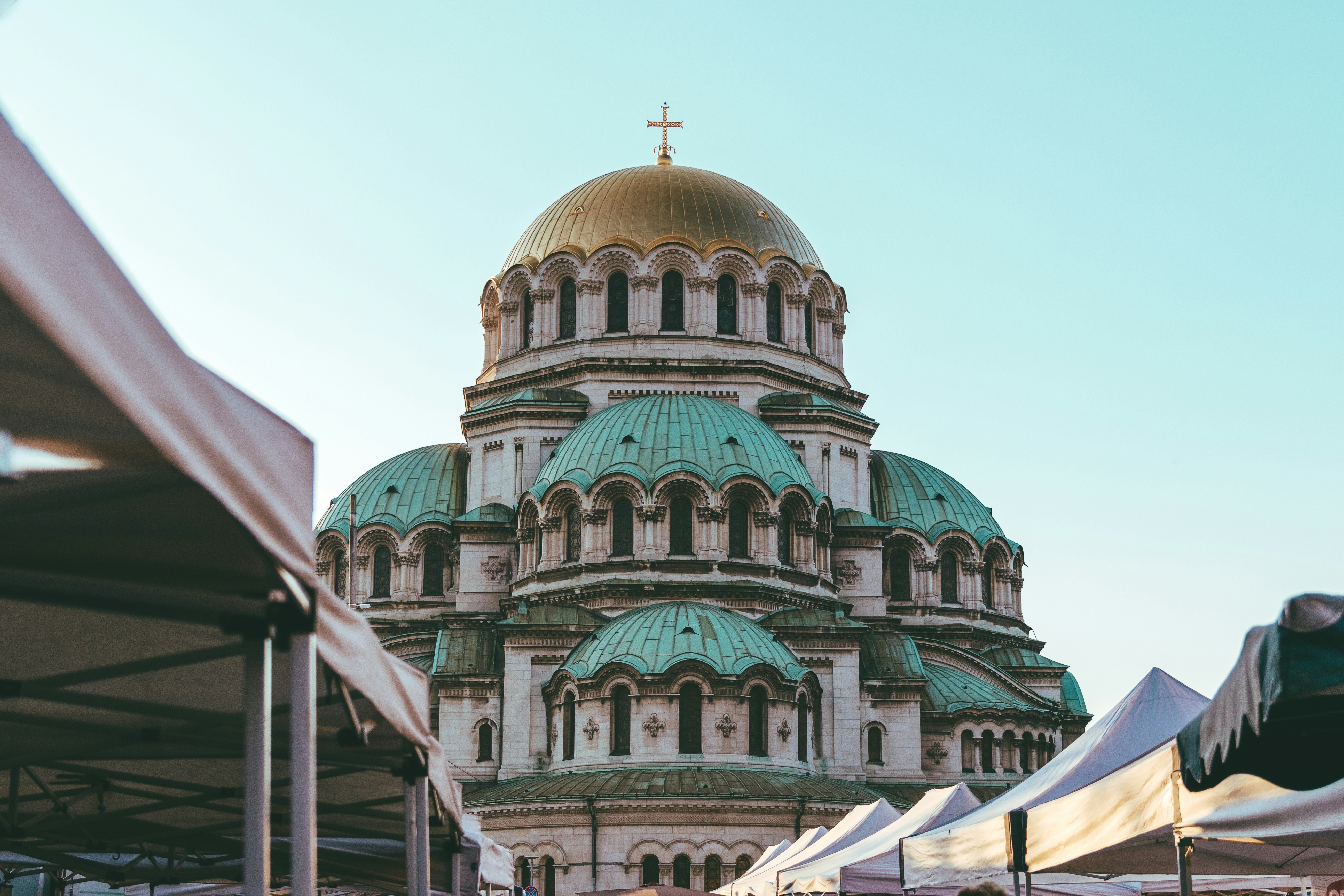
How to Apply for the Bulgaria Digital Nomad Visa – Step-by-Step Instructions
Applying for the Bulgaria Digital Nomad Visa involves two main stages: first obtaining a Type D long-stay visa, and then applying for a residence permit once you arrive in Bulgaria. Below is a step-by-step guide to help you through the process.
Step 1: Submit Your Type D Visa Application
Your application begins at the nearest Bulgarian embassy or consulate in your country of residence. Here you will need to complete the official application form, attach the necessary supporting documents, and pay the visa fee. In some cases, you may also be invited for an interview with consular staff to confirm the details of your application.
Step 2: Wait for Processing
Once submitted, your Type D visa application will go through processing, which usually takes between 35 and 45 business days. During this period, the authorities may request additional information or documents if something needs clarification.
Step 3: Receive Your Type D Visa
If your application is successful, you will be issued a Type D long-stay visa, typically valid for up to six months. This visa allows you to enter Bulgaria legally and begin the process of applying for a residence permit.
Step 4: Travel to Bulgaria
With your Type D visa in hand, you can travel to Bulgaria and begin your stay. It is important to note that within 14 days of arriving in the country, you are required to submit your application for a residence permit.
Step 5: Apply for a Residence Permit
Your residence permit application is made at the Migration Directorate of the Ministry of Interior. You will need to provide the same supporting documents you used for your visa, along with your Type D visa itself. Once approved, you will receive a residence card (also known as an ID card) that is valid for one year and can be renewed if you continue to meet the eligibility criteria.
Step 6: Renewals and Extensions
The Bulgaria Digital Nomad Visa residence permit is renewable on a yearly basis. After maintaining continuous residence for several years, digital nomads may become eligible for long-term or even permanent residence, opening the door to further benefits of living in Bulgaria.

Bulgaria Digital Nomad Visa Stay Requirements
Holding a Bulgaria Digital Nomad Visa comes with specific conditions you must follow to maintain your legal status in the country. These requirements are designed to ensure that applicants genuinely use the visa for remote work and comply with Bulgarian residence rules.
Minimum Stay Obligation
Once you receive your residence permit, you are expected to spend at least 183 days per year in Bulgaria to maintain your residency status. Staying less than this may affect your ability to renew your permit in the future.
No Local Employment
The visa allows you to work remotely for foreign employers or clients, but you cannot work for a Bulgarian company or provide services directly to Bulgarian clients. This is an important condition of the program, and violating it may lead to problems with your residence status.
Renewal Compliance
To renew your residence permit each year, you must continue to meet the eligibility criteria: stable foreign income, valid insurance, proof of accommodation, and a clean legal record. Failure to maintain these conditions could prevent renewal or even lead to cancellation of your residence permit.
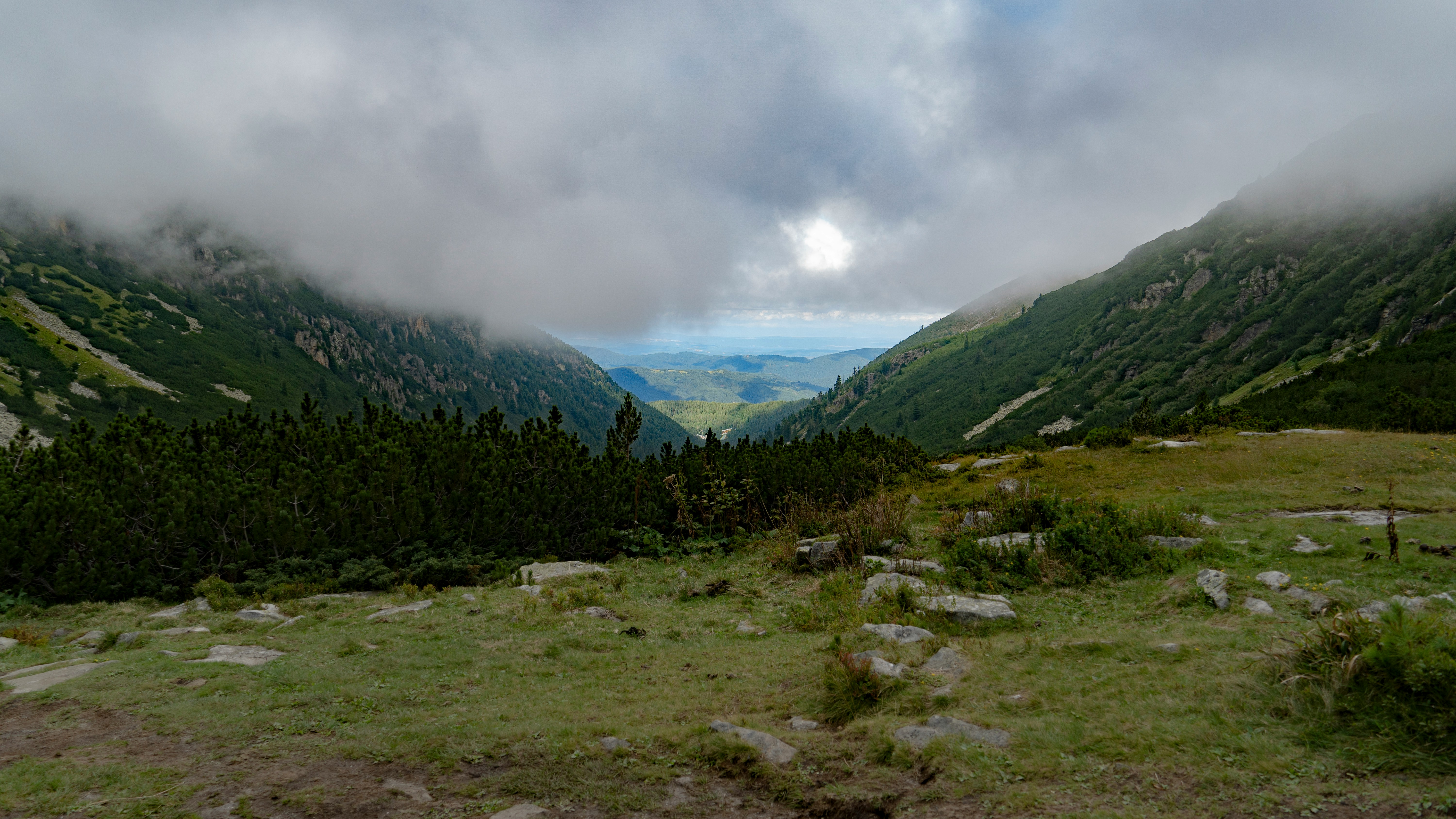
How Much Does the Bulgaria Digital Nomad Visa Cost?
Applying for the Bulgaria Digital Nomad Visa involves a few standard fees, which cover both the initial Type D visa and the subsequent residence permit. Here’s a breakdown of the costs you can expect:
Type D Long-Stay Visa Fee: The initial application for a Type D visa typically costs around €100–€120, depending on the embassy or consulate. This fee is paid when submitting your application at your local Bulgarian consulate.
Residence Permit Application Fee: Once you arrive in Bulgaria and apply for the digital nomad residence permit, there is an additional fee of approximately €150–€200. This covers processing, issuing your residence card, and administrative costs.
Additional Costs: Beyond official fees, applicants may need to budget for costs such as document translations, apostille/legalization, and health insurance premiums. These can vary widely depending on your home country and chosen insurance provider.
Overall, while the Bulgaria Digital Nomad Visa involves several fees, it is generally considered affordable compared to other European long-term visas, especially when factoring in Bulgaria’s lower living costs and favorable taxation for remote workers.
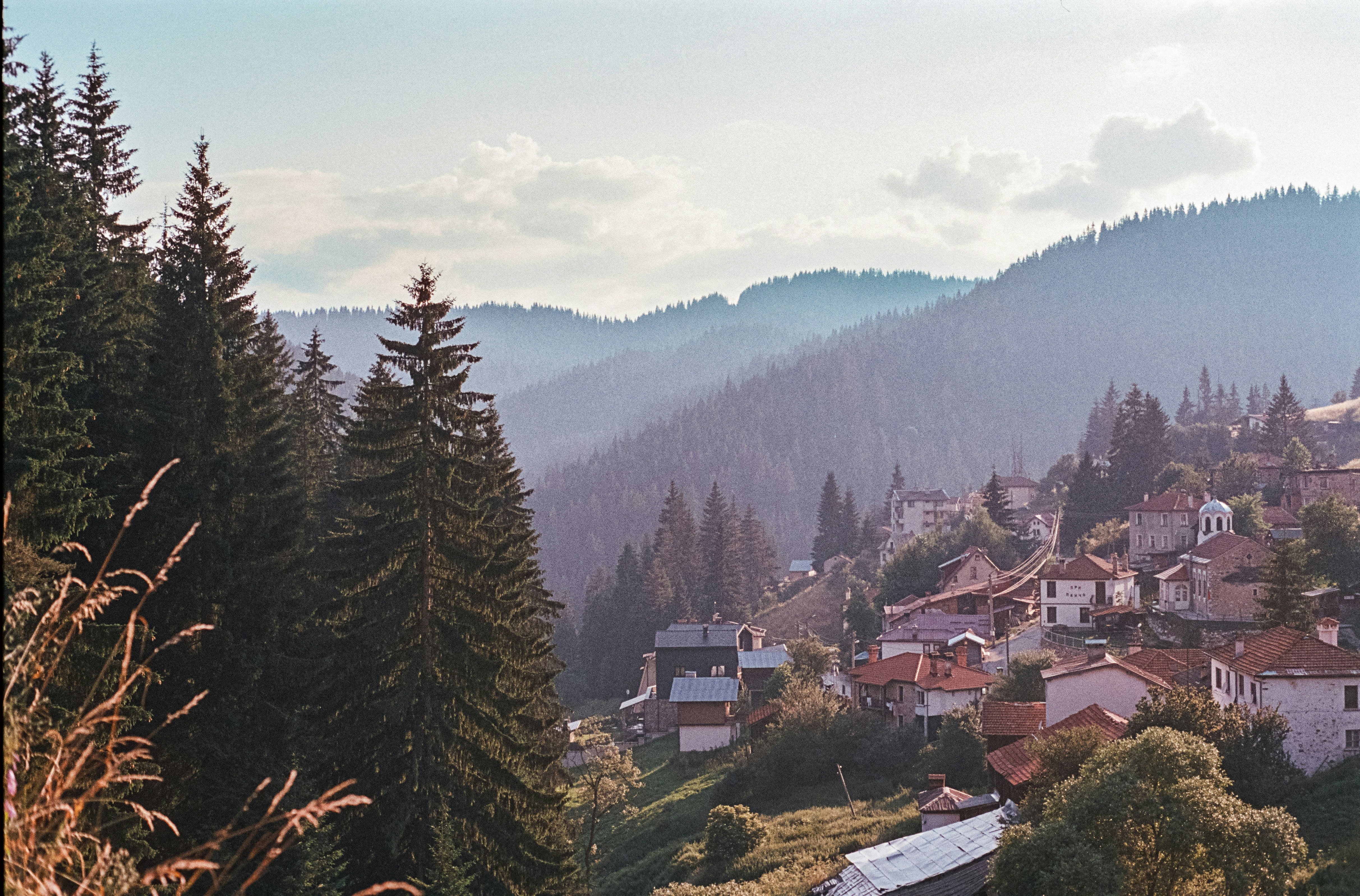
Taxes for People With a Bulgaria Digital Nomad Visa
One of the main advantages of the Bulgaria Digital Nomad Visa is the country’s favorable tax regime for foreign remote workers. However, it’s important to understand your obligations to remain compliant while living in Bulgaria.
Holders of the digital nomad visa who spend 183 days or more in Bulgaria generally become tax residents. As a tax resident, your global income may be subject to Bulgaria’s flat 10% personal income tax, which is among the lowest in the European Union. This can make Bulgaria an attractive base for remote workers who want to minimize their tax burden while enjoying EU residency benefits.
For those who spend less than 183 days in Bulgaria, you are usually considered a non-resident for tax purposes. Non-residents are only taxed on income sourced within Bulgaria, which typically does not include most foreign remote work. This distinction is crucial for planning your finances, especially if you work for clients or employers outside of Bulgaria.
Additionally, Bulgaria has tax treaties with many countries to prevent double taxation, meaning you can often avoid being taxed twice on the same income. Digital nomads should consult a tax professional to ensure compliance with both their home country and the Bulgarian tax authorities.
While the visa itself does not impose any taxes, understanding and planning around Bulgaria’s tax system is essential for a smooth experience and to take full advantage of the country’s low tax rates.
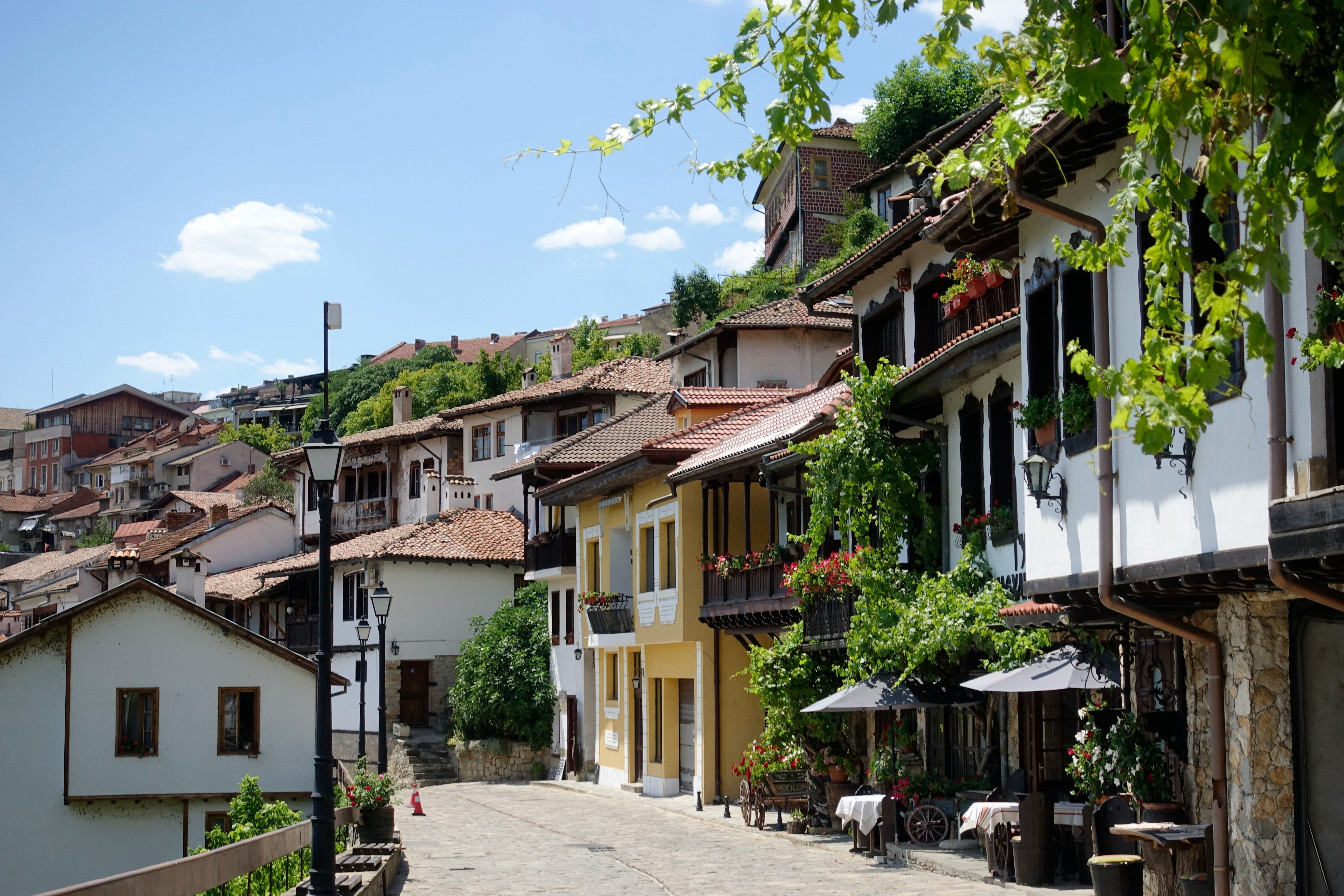
Living in Bulgaria with the Digital Nomad Visa
Living in Bulgaria as a digital nomad offers a unique blend of affordability, culture, and modern conveniences. Cities like Sofia, Plovdiv, and Varna provide reliable coworking spaces, fast internet, and a growing community of remote workers from around the world. The cost of living is significantly lower than in Western Europe, making it possible to enjoy a high quality of life on a moderate budget. From historic architecture and vibrant cultural festivals to scenic mountains and the Black Sea coast, Bulgaria provides a variety of experiences for both work and leisure.
The Digital Nomad Visa allows you to legally stay in Bulgaria while working remotely for clients or employers outside the country. This visa also gives you access to essential services like healthcare (through private insurance) and the ability to open local bank accounts, making it easier to manage your daily life. While the visa has specific requirements regarding income, health insurance, and compliance with residency rules, it opens the door to a long-term, flexible lifestyle in one of Europe’s most welcoming and affordable countries for remote workers.
Best Cities to Live in Bulgaria
Bulgaria offers a variety of cities that combine affordability, modern amenities, and a welcoming atmosphere for remote workers. Here are three of the best cities to consider for your digital nomad lifestyle:
Sofia
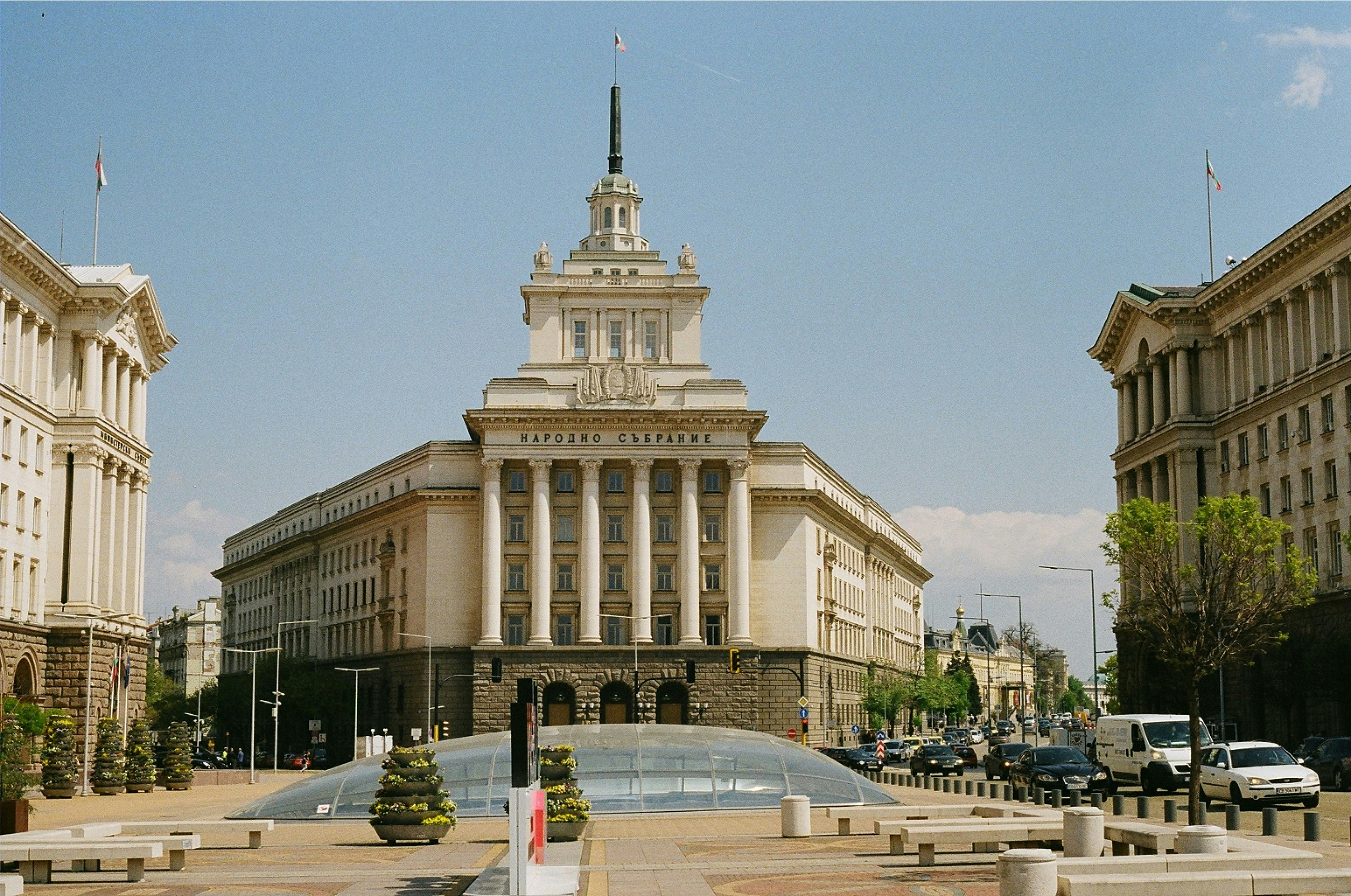
As the capital and largest city, Sofia is a bustling hub of culture, business, and history. It offers reliable high-speed internet, numerous coworking spaces, and a growing community of international remote workers. The city blends modern amenities with rich historical architecture, vibrant nightlife, and easy access to nearby mountains for outdoor adventures. Its relatively low cost of living makes it attractive for long-term stays.
Plovdiv
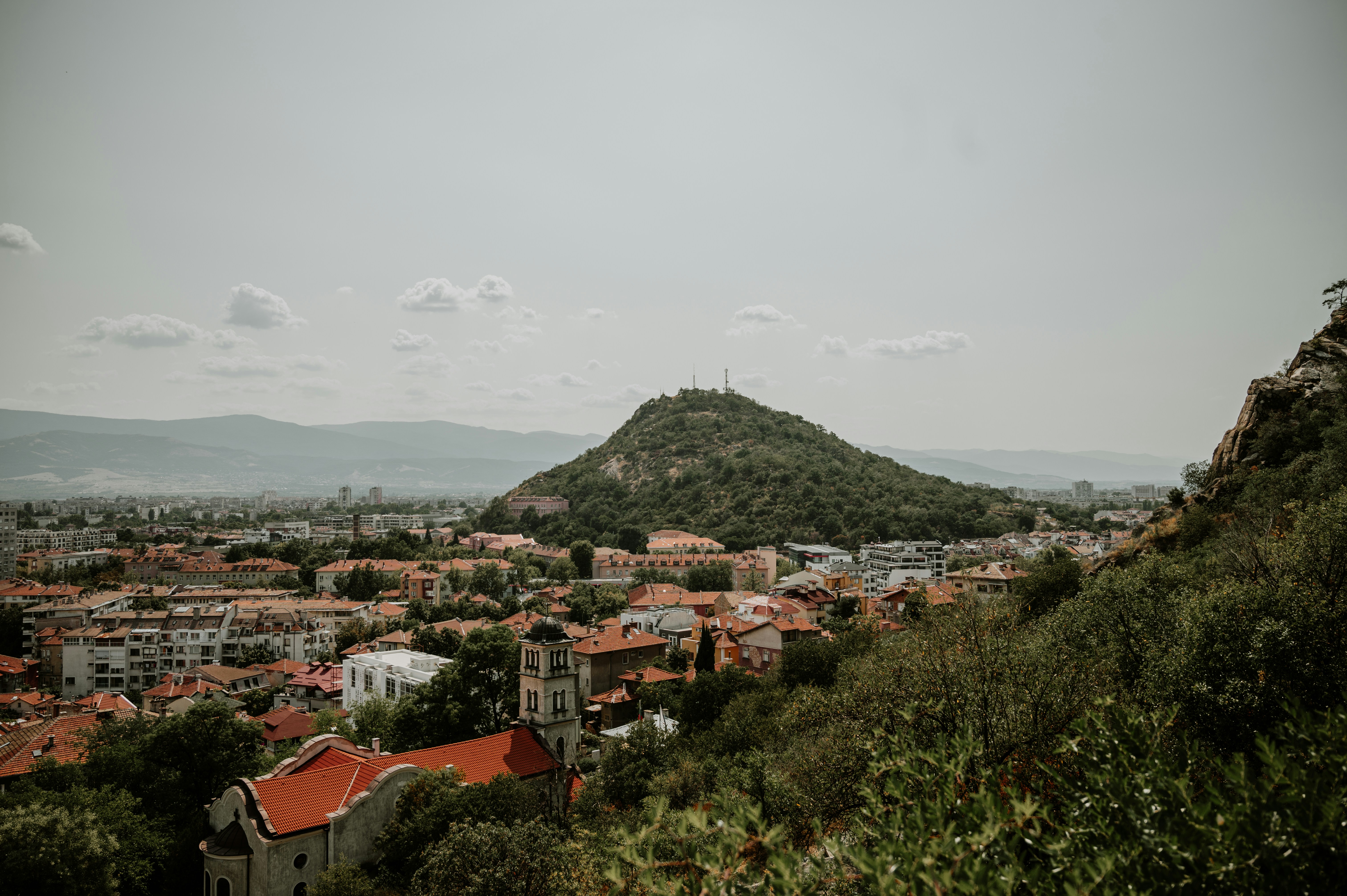
Plovdiv, Bulgaria’s second-largest city, is known for its charming old town, Roman ruins, and thriving arts scene. It has a more relaxed pace than Sofia while still providing excellent infrastructure for digital nomads, including cafes with fast internet and several coworking spaces. Plovdiv’s combination of culture, history, and affordability makes it a favorite among remote workers seeking a more laid-back lifestyle.
Varna
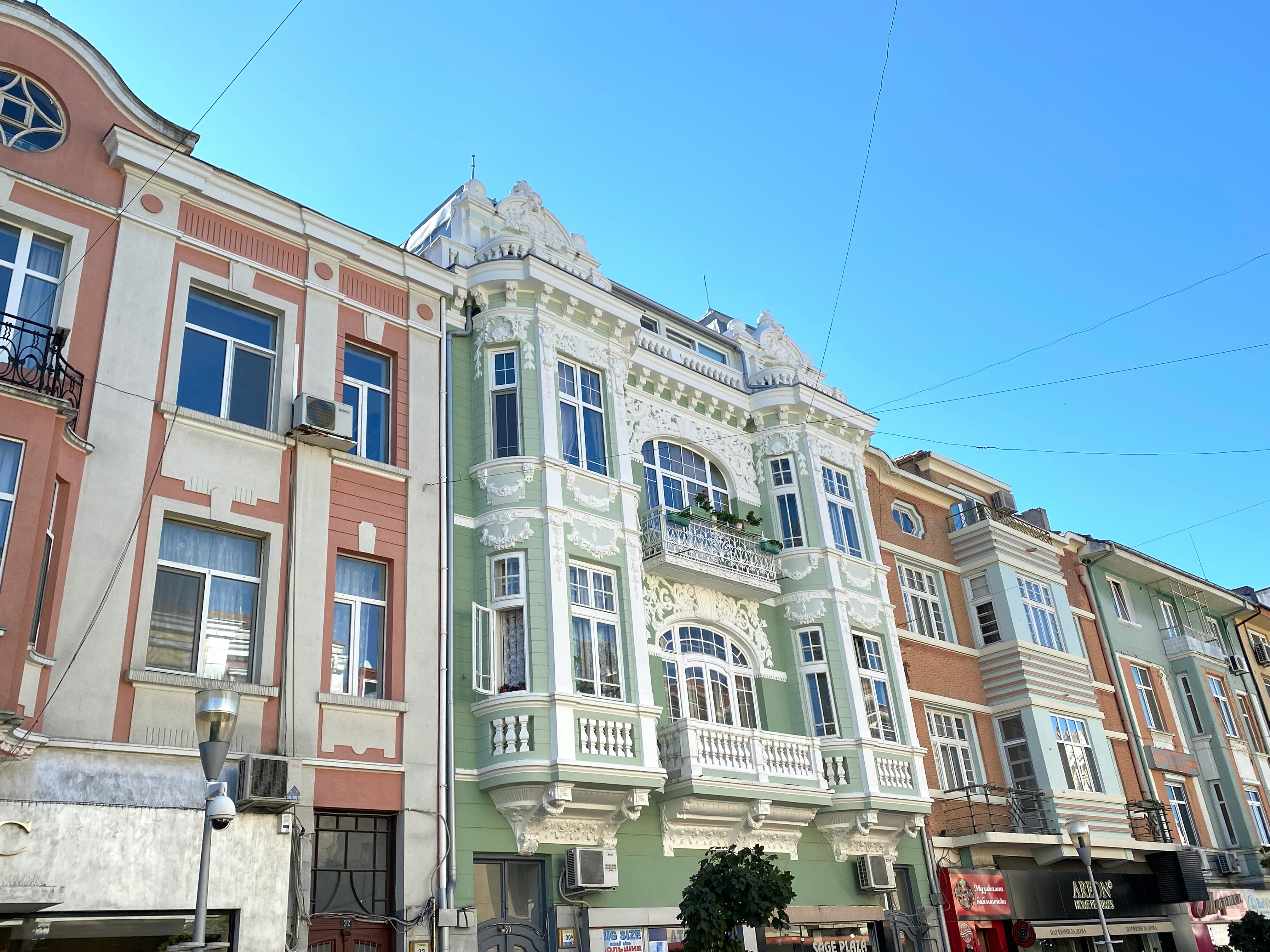
Varna, located on the Black Sea coast, offers a unique combination of seaside living and urban convenience. It’s ideal for digital nomads who want to enjoy a coastal lifestyle with access to modern amenities, coworking hubs, and networking opportunities. In addition to its beaches and vibrant nightlife, Varna provides easy access to water sports, hiking, and cultural festivals, making it a great choice for those who want work-life balance in a picturesque setting.
Cost of Living
The official currency of Bulgaria is the Bulgarian Lev (BGN). As of August 18, 2025, the exchange rate is approximately 1 USD = 1.674 BGN.
The average net monthly salary in Bulgaria is around 1,784 BGN, which equates to approximately $991 USD.
Here’s a rundown of what you should expect to pay in different cities:
Sofia
Rent (1 bedroom in city center): Approximately $500–$700 per month.
Rent (3 bedrooms outside city center): Approximately $600–$900 per month.
Basic Utilities: Approximately $100–$150 per month.
Wi-Fi: Approximately $15–$25 per month.
Public Transport: Approximately $0.80 per one-way ticket.
Groceries (2 people): Approximately $300–$400 per month.
Plovdiv
Rent (1 bedroom in city center): Approximately $300–$450 per month.
Rent (3 bedrooms outside city center): Approximately $400–$600 per month.
Basic Utilities: Approximately $80–$120 per month.
Wi-Fi: Approximately $10–$20 per month.
Public Transport: Approximately $0.50–$0.70 per one-way ticket.
Groceries (2 people): Approximately $250–$350 per month.
Varna
Rent (1 bedroom in city center): Approximately $400–$600 per month.
Rent (3 bedrooms outside city center): Approximately $500–$700 per month.
Basic Utilities: Approximately $90–$130 per month.
Wi-Fi: Approximately $12–$22 per month.
Public Transport: Approximately $0.70–$1.00 per one-way ticket.
Groceries (2 people): Approximately $280–$380 per month.
FAQs
How long can I stay in Bulgaria on a Digital Nomad Visa?
The Bulgaria Digital Nomad Visa (Type D) allows you to stay in Bulgaria for up to one year, with the possibility of extension if you continue to meet the eligibility requirements.
Can I work for a Bulgarian company with this visa?
No, the visa is specifically designed for remote workers employed by companies or clients outside Bulgaria. It does not allow you to take local employment within Bulgaria.
Do I need health insurance to apply for the visa?
Yes, you must provide proof of valid health insurance covering you in Bulgaria for the entire duration of your stay. The policy must cover medical emergencies, hospital treatment, and have a minimum coverage threshold (approximately €30,000 / $32,800 USD).
What is the minimum income requirement for this visa?
Applicants must show an annual income of at least 50 times the Bulgarian monthly minimum wage, which is approximately €27,550 (~$30,000 USD) per year.
Do I need a Type D visa before moving to Bulgaria?
Yes, the Type D visa is required before you can apply for the Bulgaria Digital Nomad Residence Permit. You cannot start your stay on the permit alone—you must enter Bulgaria with the Type D visa first.
Can I get help applying for the Bulgaria Digital Nomad Visa?
If you need help applying for a visa, you can talk to Citizen Remote. Get specific advice from one of our experts, or outsource the entire application to our team.
Author
Nadia Dardón is a content creator from Guatemala. She has worked fully remotely for the past six years as a copywriter, editor, and content creator, working for different industries. She started her digital nomad journey in 2022 and currently lives as an expat in Spain.
